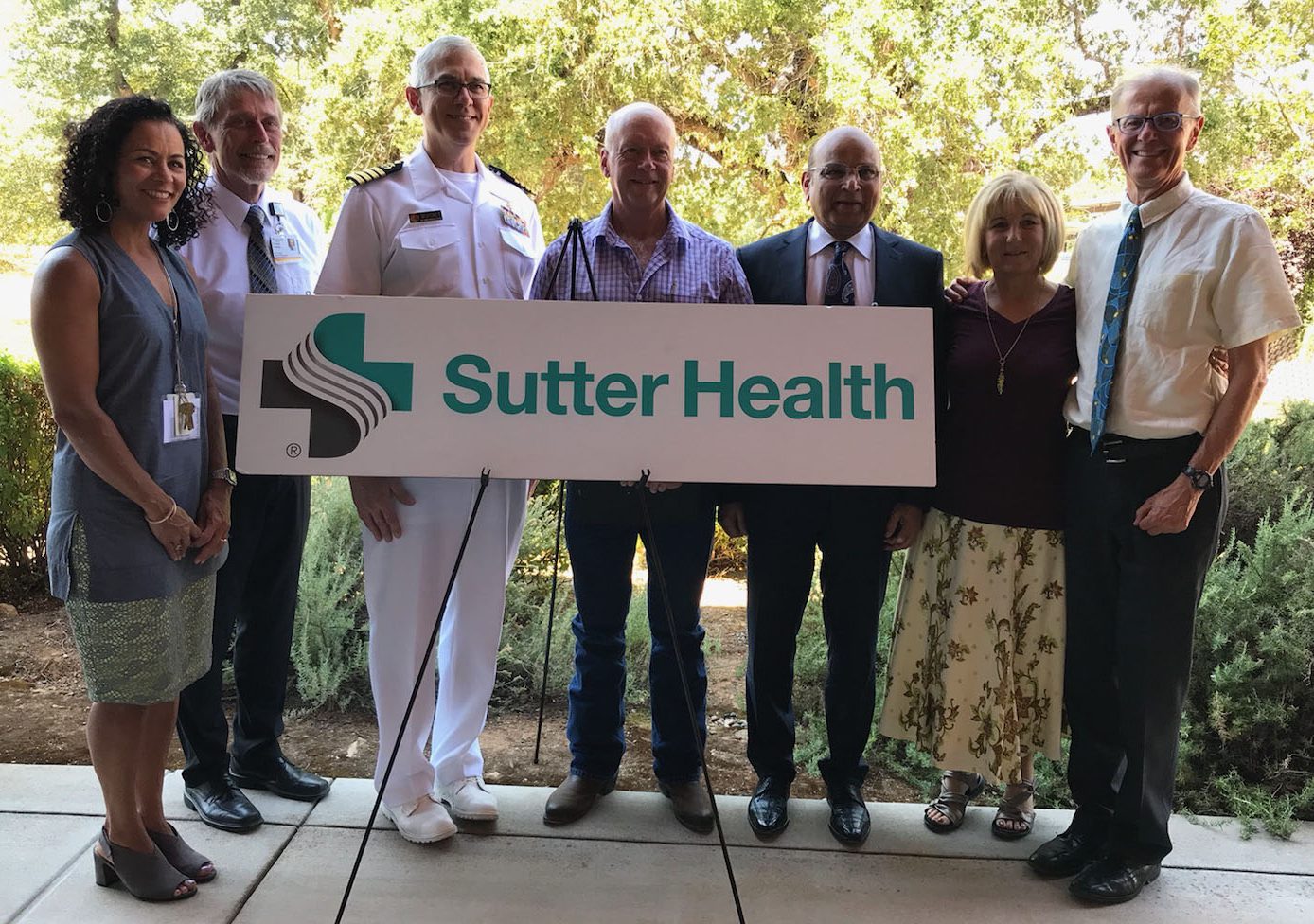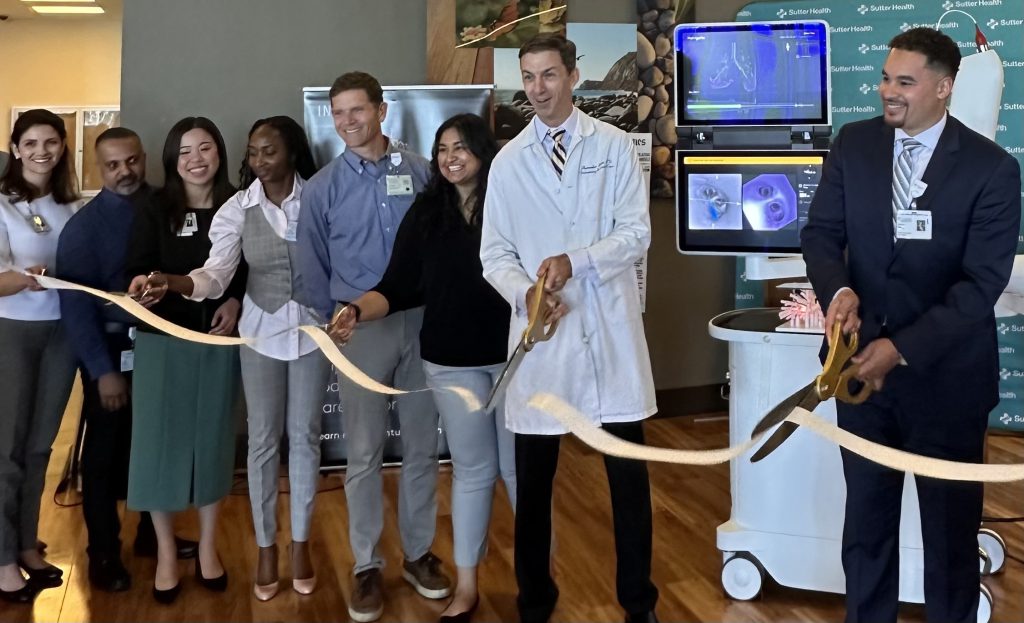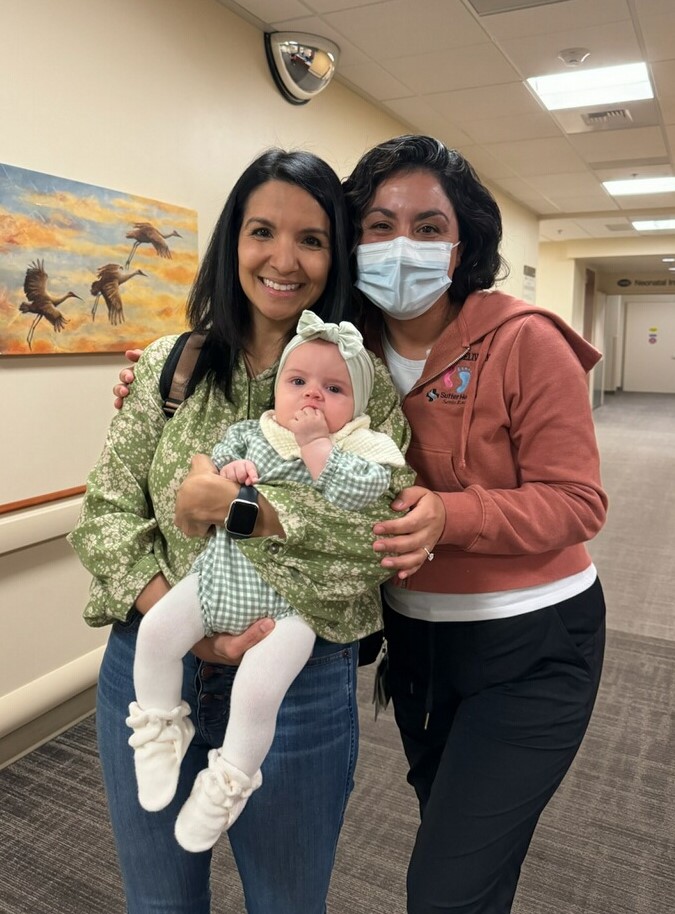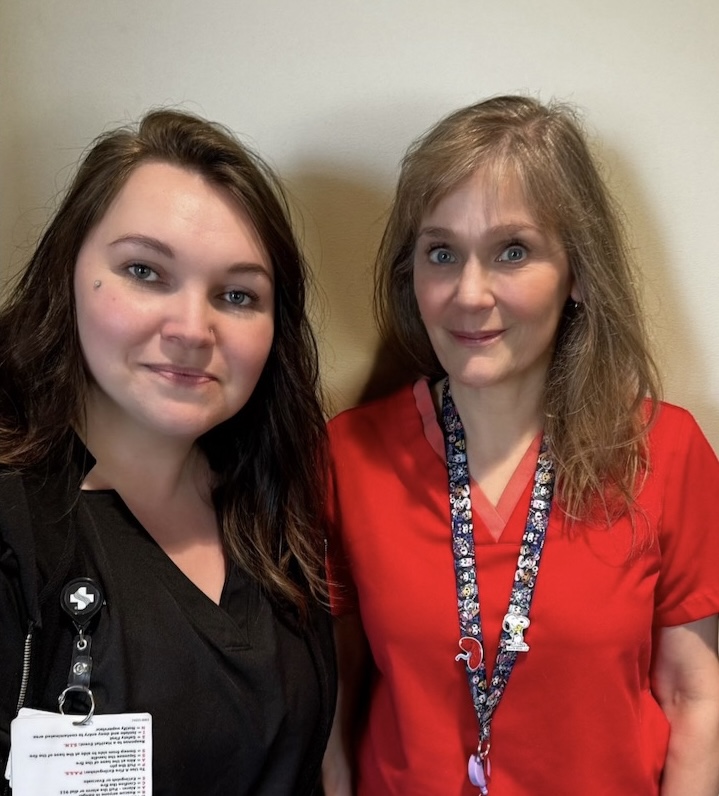Sutter Amador Hospital’s Rural Residency Program this week received accreditation from ACGME (Accreditation Council for Graduate Medical Education), the organization responsible for accrediting all graduate medical training programs for physicians in the United States. This Sutter Health program is designed to bring more primary-care physicians to rural regions, which have been hampered throughout the country by a shortage of family doctors.
The ACGME accreditation allows the Sutter Health Rural Residency Program to begin screening and selecting residency applicants. Those selected – two each year for six total in the program – will complete core inpatient training in Sacramento during the first year, with their next two years on the campus of Sutter Amador Hospital and in community medical offices.
The goal of the Sutter Health program is to develop a sustainable, accredited rural training track in Amador County and to ultimately expand the area’s rural primary-care workforce. In Amador County, there is a high need for primary-care physicians (PCPs) in the area as the ratio of the population to one PCP is 1,760-to-1; the ratio throughout the state of California is 1,280-to-1, according to the County Health Rankings and Roadmaps website.
“This is welcome news for Amador County, as it will provide an influx of bright, young physicians into our community to care for our families and should give us a steady supply of primary-care physicians for years to come,” said longtime Amador County internal medicine physician Robert Hartmann, M.D., who will be one of the instructors in the Rural Residency Program. “This is a major collaborative accomplishment between Sutter Amador Hospital, Sutter Medical Group physicians and the Sutter Family Medicine Residency Program.”
The Rural Residency Program was made possible through a grant from the U.S. Health Resources and Services Administration (HRSA), which allows not-for-profit Sutter Health to expand its successful Sacramento-based physician residency program to Amador County as part of the federal agency’s efforts to provide better access to quality medical care in rural areas.
Since its inception in 1995, the Sutter Family Medicine Residency Program has graduated 139 physicians, all of whom passed their Board Certification assessments on the first effort. Currently there are 21 residents in the program, and the Amador County program will expand the program to 27 residents.
“We are working to strengthen the physician pipeline throughout our integrated network so our patients receive the same high-quality care no matter where they live,” said Dineen Greer, M.D., program director of the Family Medicine Residency Program. “We have combined a strong, dedicated core faculty, community preceptors, innovative curriculum and access to Sutter hospitals so that our residents develop the skills needed to be outstanding family physicians and leaders in their communities.”
The accreditation was welcome news for the state legislators who serve the Gold Country. State Sen. Andreas Borgeas said: “The physician shortage continues to be a prevalent issue in Amador County and many rural areas of California. I offer my sincere congratulations and gratitude to Sutter Health on the program’s latest achievement, and for its targeted effort to bring much-needed family practice physicians to our community. This is a significant step to help expand access to quality care for our communities in the beautiful, remote areas of our state.”
State Assemblyman Frank Bigelow echoed Sen. Borgeas’ sentiment. “Sutter Health has long supported hospitals in more rural regions of California and they understand how family doctor shortages can have a negative impact on a community’s health,” Bigelow said. “I am so pleased they are pursuing this program and continuing their investment in bringing needed primary care physicians to Amador communities.”
Drs. Greer and Hartmann expect the program to be successful in filling the need for well-trained, community-minded primary-care physicians in Amador County and the greater Mother Lode region.
“The medical students applying for this residency opportunity will enter the program with a strong desire to serve in rural communities,” said Dr. Hartmann, “so their career focus will be the health and well-being of families in our towns and smaller cities. This is great for the future of health care in our community.”
For more on the Sutter Family Medicine Residency Program, go to www.suttermd.com/education/residency/family-medicine





